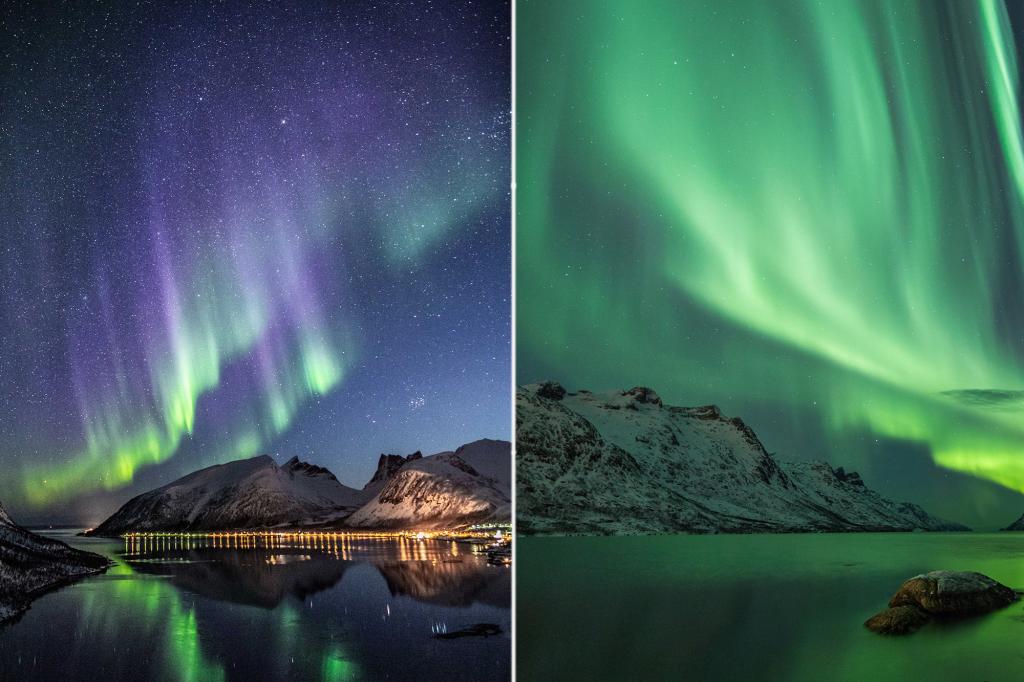The Rise of Noctourism: Embracing the Magic of the Night
The travel landscape is constantly evolving, with new trends emerging to cater to the ever-changing desires of globetrotters. One such trend poised to redefine travel in 2025 is "noctourism," a captivating concept that encourages travelers to embrace the allure of the night. Noctourism goes beyond simply experiencing nightlife; it’s about immersing oneself in the unique ambiance and experiences that darkness unveils. This trend reflects a growing desire among travelers to escape the daytime crowds and discover the hidden gems that come alive under the cloak of night. From stargazing in remote locations to exploring nocturnal wildlife and engaging in cultural activities that thrive after sunset, noctourism offers a diverse range of experiences that cater to a variety of interests.
Several factors have contributed to the rise of noctourism. Firstly, there’s a growing fascination with celestial events and dark skies. Travelers are increasingly seeking destinations with minimal light pollution to witness the breathtaking beauty of the night sky, including stargazing, meteor showers, and even eclipses. This has led to a surge in popularity for destinations known for their pristine dark skies, offering opportunities for "star-bathing," guided stargazing tours, and witnessing once-in-a-lifetime cosmic events. Secondly, the desire to connect with nature in unique ways has fueled the growth of nocturnal activities like truffle hunting and starlit picnics by the sea. These experiences provide a different perspective on the natural world, allowing travelers to appreciate the beauty and tranquility of the night.
Beyond the allure of the night sky and nature, noctourism also offers a respite from the scorching heat. As climate change continues to impact global temperatures, travelers are increasingly seeking ways to escape the daytime heat. Noctourism provides a natural solution, allowing travelers to explore destinations in cooler temperatures and engage in activities during the evenings and early mornings. This trend, often referred to as "coolcations," overlaps significantly with noctourism, as travelers seek to avoid the sun’s intense rays and enjoy the more pleasant temperatures of the night. This shift in travel patterns is driven by both a desire for comfort and a growing awareness of the health risks associated with excessive sun exposure.
The environmental aspect of noctourism also plays a significant role in its growing popularity. Many travelers are consciously choosing to reduce their impact on the environment by opting for destinations and activities that minimize light pollution. This reflects a broader trend of responsible tourism, where travelers are increasingly considering the environmental consequences of their choices. By choosing to explore destinations at night, travelers can contribute to preserving the natural darkness and supporting the conservation of nocturnal ecosystems. This mindful approach to travel aligns with the growing global awareness of environmental issues and the desire to protect the planet.
The impact of noctourism is already being felt in the travel industry. Destinations like Tromso, Norway, known for its stunning Northern Lights displays and whale watching opportunities, have seen a significant increase in bookings. This surge in popularity has prompted airlines to add more flights to these remote locations, making them more accessible to travelers seeking unique nocturnal experiences. The growing demand for noctourism experiences is driving innovation in the travel industry, with hotels and tour operators developing specialized offerings to cater to this emerging market. This includes dark sky retreats, nocturnal wildlife tours, and even nighttime cultural experiences.
The trend of noctourism is transforming how we experience and engage with the world around us. It’s not merely about avoiding the daylight; it’s about embracing a different perspective, discovering hidden wonders, and connecting with nature and culture in unique ways. As travelers increasingly seek authentic and meaningful experiences, noctourism provides an opportunity to explore a different side of destinations, one that is often hidden in plain sight. From the mesmerizing beauty of the night sky to the thrilling encounters with nocturnal wildlife and the immersive cultural experiences, noctourism promises an unforgettable journey into the magic of the night. This trend is poised to continue its upward trajectory, shaping the future of travel and offering a new dimension to the exploration of our world. The embrace of darkness is not just a trend; it’s a shift in perspective, a rediscovery of the wonders that lie hidden beyond the daylight.


